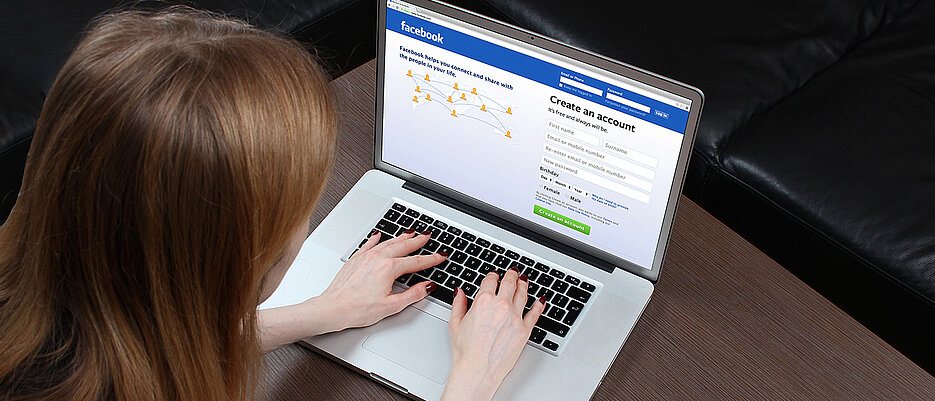Social media to blame for poor grades?
02/19/2018Do teenagers who frequent Snapchat, Facebook, Instagram and other social media sites perform worse academically? Scientists from Würzburg and Bamberg have looked into these worries.

"Concerns regarding the allegedly disastrous consequences of social networking sites on school performance are unfounded," says Professor Markus Appel, a psychologist who holds the Chair of Media Communication at Julius-Maximilians-Universität Würzburg (JMU) in Bavaria, Germany.
Markus Appel, PhD student Caroline Marker (JMU) and Timo Gnambs from the University of Bamberg have taken a closer look at how the social media use of adolescents correlates with their school grades. "There are several contradictory single studies on this subject and this has made it difficult previously to properly assess all results," Marker says. Some studies report negative impacts of Snapchat & Co., others describe a positive influence and again others do not find any relationship at all.
To resolve this, the researchers conducted so-called meta-analyses: From relevant databases of scientific publications, they identified 59 studies that tackled the correlation between social media use and academic performance. Next, they analysed the results of these studies which comprised almost 30,000 young people worldwide.
Four results of the meta-analyses:
- The first result: Pupils who use social media intensively to communicate about school-related topics tend to have slightly better grades. The scientists had expected this.
- The second result: Pupils who use Instagram and the likes a lot while studying or doing their homework, tend to perform slightly worse than other students. This form of multi-tasking thus seems to be rather distracting.
- The third result: Students who log into social networking sites very frequently, regularly post messages and photos and spend a lot of time there have slightly lower grades. This negative effect is, however, very small.
- The fourth result: Pupils who are particularly active on social media do not spend less time studying. So there is no scientifically verified proof of social media stealing valuable time for schoolwork from pupils.
What else there is to glean from the findings
Does the intensive use of social media cause slightly poorer performance at school? Or do worse performing students tend to lose themselves in Facebook or other platforms? "We cannot answer this question. Both directions of cause and effect are possible, but they are not very pronounced," Markus Appel says.
According to what we know today, using social media does not seem to have a significant adverse impact on school grades. "Nevertheless, parents should take an interest in what their kids are doing on social media, know the social networks and be willing to understand the usage patterns," Appel further. "The more open-minded parents are with respect to their children's online activities, the better they will be able to communicate with them."
These findings were gathered within the scope of a research project funded by the German Research Foundation (DFG).
Marker, Caroline & Gnambs, Timo & Appel, Markus (2018). Active on Facebook and Failing at School? Meta-Analytic Findings on the Relationship Between Online Social Networking Activities and Academic Achievement. Educational Psychology Review. DOI: 10.1007/s10648-017-9430-6
Contact
Prof. Dr. Markus Appel, Department of Media Communication, University of Würzburg, T +49 931 31-88106, markus.appel@uni-wuerzburg.de






